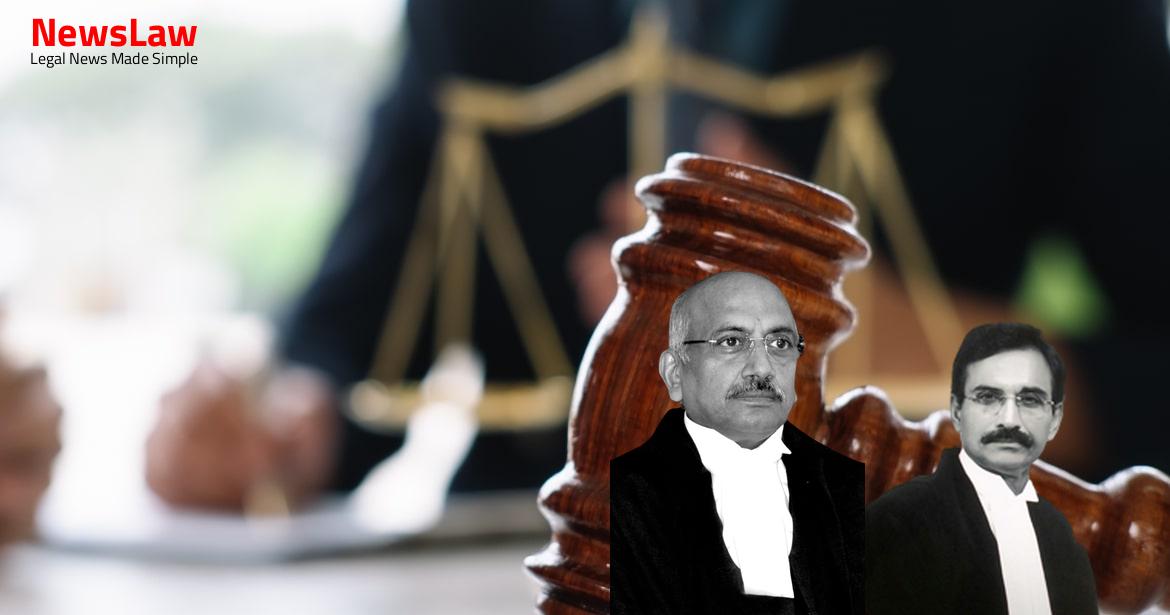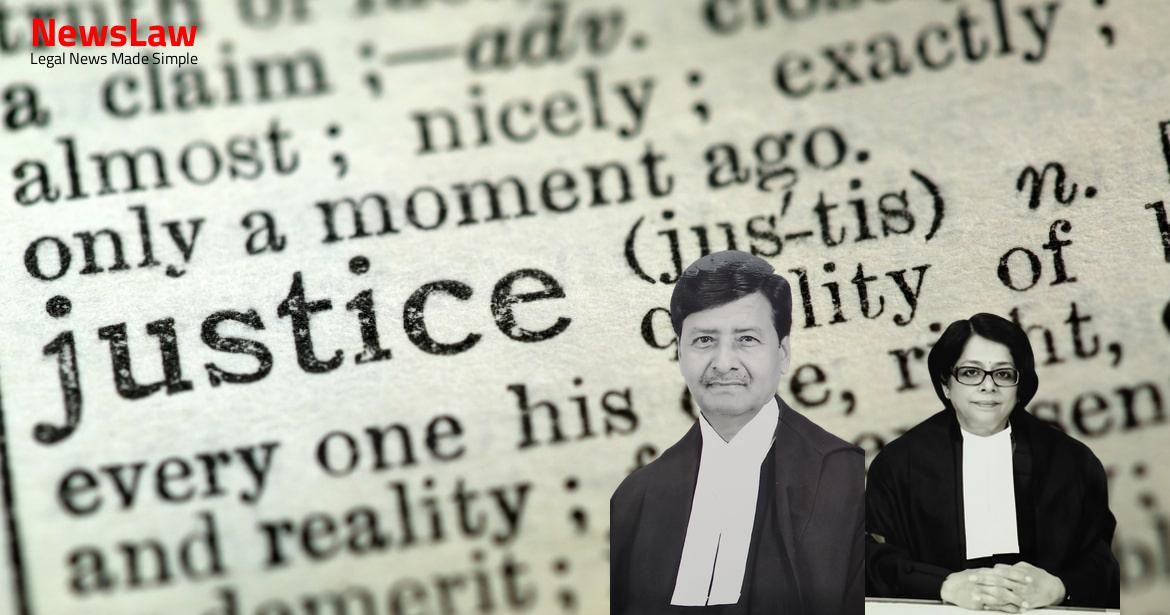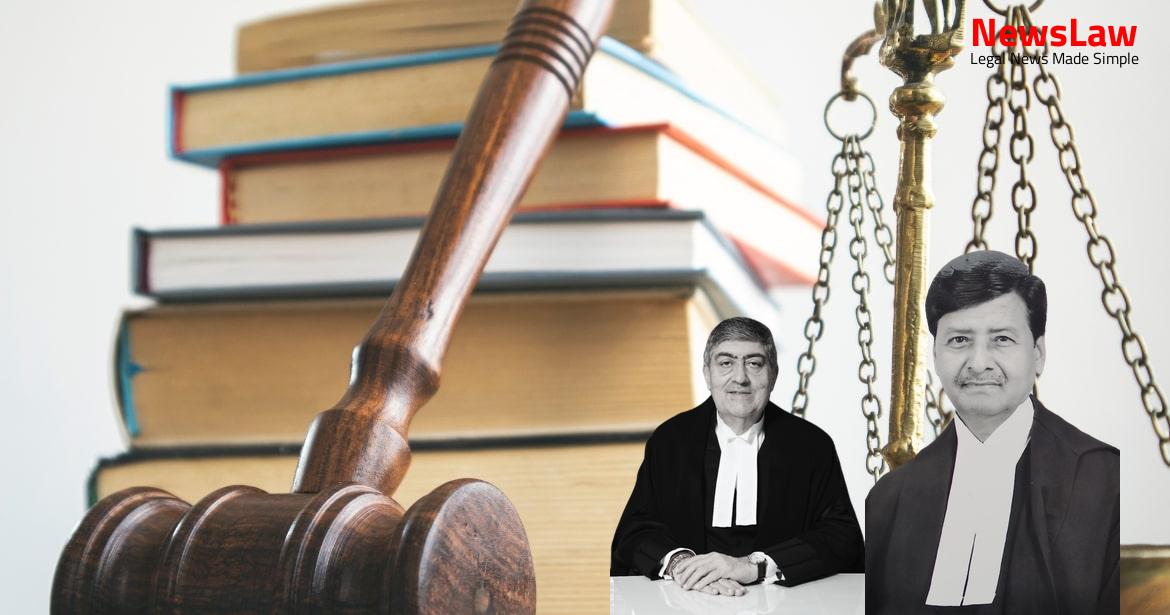In a landmark Supreme Court judgement, the case of disobedience of lawful commands within the Indian Army was thoroughly examined. The decision to uphold the termination of service for the delinquent individual marks a significant moment in maintaining military discipline. The legal proceedings involving the appellant and the disciplinary actions taken highlight the importance of adherence to orders and the consequences of failing to do so.
Facts
- The Appellant absented himself from duty despite directions issued on 03.08.2009.
- First charge of disobeying a lawful command given by his superior officer on 30 July 2009 by not performing duties as Detachment In-charge.
- Company Havaldar Major Pramod Kumar directed the Appellant, who failed to report for duty, leading to Pramod Kumar taking up the responsibilities.
- Second charge of disobeying a lawful command on 03 August 2009 by not reporting to the Radio Department as ordered by Company Havaldar Major Parmod Kumar.
- The Appellant denied the charges.
- The Appellant was marched up to the Commanding Officer, Colonel Rajiv Sud on 06.08.2009, and refused to sign Appendix ‘A’.
- The Appellant was enrolled in the Indian Army in the Corps of Signals on 27.07.2000.
- Tentative charges were framed and explained to the Appellant.
- The service of the Appellant was terminated based on the findings of the Summary Court Martial.
- The Appellant’s appeal to Company Havaldar Major Pramod Kumar was dismissed.
- The Appellant justified his absence from duty citing an injury to his little finger.
- Company Havaldar Major Pramod Kumar testified that the Appellant failed to perform his duty as directed on 30.07.2009.
Also Read: Supreme Court Ruling on Dowry Harassment and Suicide Case
Arguments
- The Appellant, who had served in the Army for 9 years, deliberately disobeyed a lawful command.
- The Appellant, represented by a Senior Counsel, refused to engage in certain legal procedures during the proceedings.
- The Senior Counsel argued that the penalty of termination of service was disproportionate to the charges filed against the Appellant.
- The respondent deliberately did not summon any defence witness.
- This decision may have strategic or tactical reasons behind it.
Also Read: Case of Technical Equipment Officer Appointment Criteria Dispute
Analysis
- The Armed Forces personnel are held to a different standard than civil services.
- Not being present at the detachment unit and disobeying lawful commands are serious offenses.
- The Appellant’s lack of cooperation with the Summary Court Martial is a notable issue.
- Multiple instances show that the Appellant disobeyed lawful commands from superiors.
- The Armed Forces Tribunal did not commit any error in affirming the termination of service of the Appellant.
- The Appellant did not utilize the opportunity to defend himself.
- The penalty of termination of service was considered commensurate with the delinquency.
Also Read: Supreme Court Judgement on Transfer of Mining Environmental Clearances
Decision
- The appeal filed by the Petitioner No 1 is dismissed.
- The decision of the lower court is upheld.
- The grounds for appeal were found to be insufficient.
- The judgement of the lower court is affirmed.
Case Title: RABINDRA KUMAR SHAW Vs. UNION OF INDIA MINISTRY OF DEFENCE
Case Number: C.A. No.-004852-004852 / 2011



